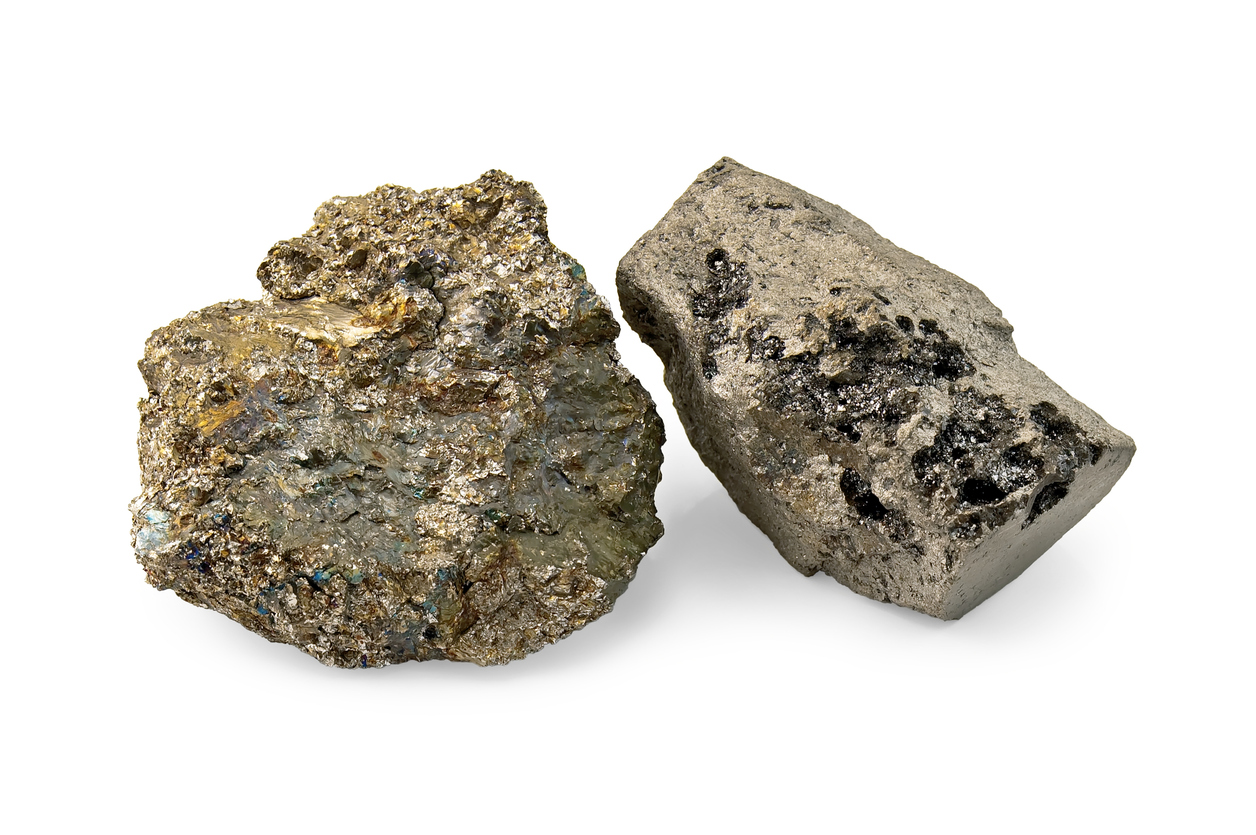Nigeria’s Stock Market: Important Facts You Should Know
Nigeria’s Stock Market: Important Facts You Should Know
Nigeria’s stock market is the best place for investors who are seeking high rates of return. It has a good track record and investors can make a lot of money. This is an excellent opportunity for those who want to invest in Nigeria. Just like any other country, there will be some ups and downs with Nigeria’s economy and stock market, but it is still worth it for those who are looking for investment opportunities. Here are some important facts you need to know about the Nigerian Stock Market.
What is the Nigerian Stock Market?
Nigeria’s stock market is the best place for investors who are seeking high rates of return. It has a good track record and investors can make a lot of money. This is an excellent opportunity for those who want to invest in Nigeria. Just like any other country, there will be some ups and downs with Nigeria’s economy and stock market, but it is still worth it for those who are looking for investment opportunities.
The Nigerian Stock Exchange (NSE) was established in 1958 and was intended to serve as the hub of all securities trading activity in Nigeria. The NSE is the oldest existing exchange in Sub-Saharan Africa. There are some misconceptions about the Nigerian Stock Market: that it is only open to foreign investors, that it only trades Nigerian stocks, or that people have to be residents or citizens before they can trade on the NSE. Each of these statements are false!
Nigeria’s Economic Context
Nigeria has a strong economy, with a GDP of $505.8 billion in 2017. The country’s total import and export trade is worth $68.1 billion, as well as its export of oil that’s worth $3.4 billion. Nigeria also has a large population at 191 million people, which means it has a lot of potential for growth in many industries such as agriculture.
The Benefits of Investing in the Nigerian Stock Market
Nigeria’s stock market is one of the best places to invest in. Nigeria has a great track record with its stock market. The Nigerian Stock Exchange was founded in 1953 and had an average annual growth rate of 23.5% from 1995-2014.
An added benefit for those who are interested in investing in the Nigerian Stock Market is that it is a lot less volatile than other markets like China’s, Japan’s, or Mexico’s. That means you won’t have to worry about sudden drops in value as often because the Nigerian Stock Market is more stable. This can be a good thing for investors who are looking for high rates of return with little risk.
Challenges and Risks of Investing in the Nigerian Stock Market
Nigeria’s stock market is a risky investment for many.
Many people are interested in investing in Nigeria, but they are also deterred by the risks involved. Investors should be aware of the risks and challenges that are associated with investing in the Nigerian Stock Market. One major risk of investing in Nigeria is inflation. Inflation is when prices rise at an uncontrollable rate and it can lead to a decrease in the value of your assets, like your stocks and bonds. When inflation rises, it means that consumers have less disposable income which leads to lower demand for goods and services. When there is lower demand, economic output slows down or even reverses leading to deflation which will reduce the value of your investments. Another risk of investing in Nigeria is interest rates and currency fluctuations. When you invest in a company listed on the Nigerian Stock Market, you need to keep an eye on their debt-to-equity ratio because this will affect how much you’ll be able to make off your investment. The higher the debt-to-equity ratio, then higher chance that there will be more challenges for investors as companies with high debt-to-equity ratios tend not to do well during periods of economic downturns like recessions and depressions where consumers cut back on spending or stop spending altogether because they don’t have any disposable income left due to inflation rates increasing or they may look for employment elsewhere instead of working because they lost their job due to downsizing
Conclusion
If you’re looking for a great way to invest in Nigeria, the Nigerian Stock Market is a good place to start. The Nigerian Stock Exchange offers a large number of opportunities for both individual and institutional investors. However, there are some important things you’ll need to know before investing in any company. Don’t make the mistake of investing money you can’t afford to lose, and don’t invest money that you need right away. Know where your money is invested, and don’t invest in anything outside your investment horizon. Remember that not all investments are created equal!








LEAVE A COMMENT
You must be logged in to post a comment.